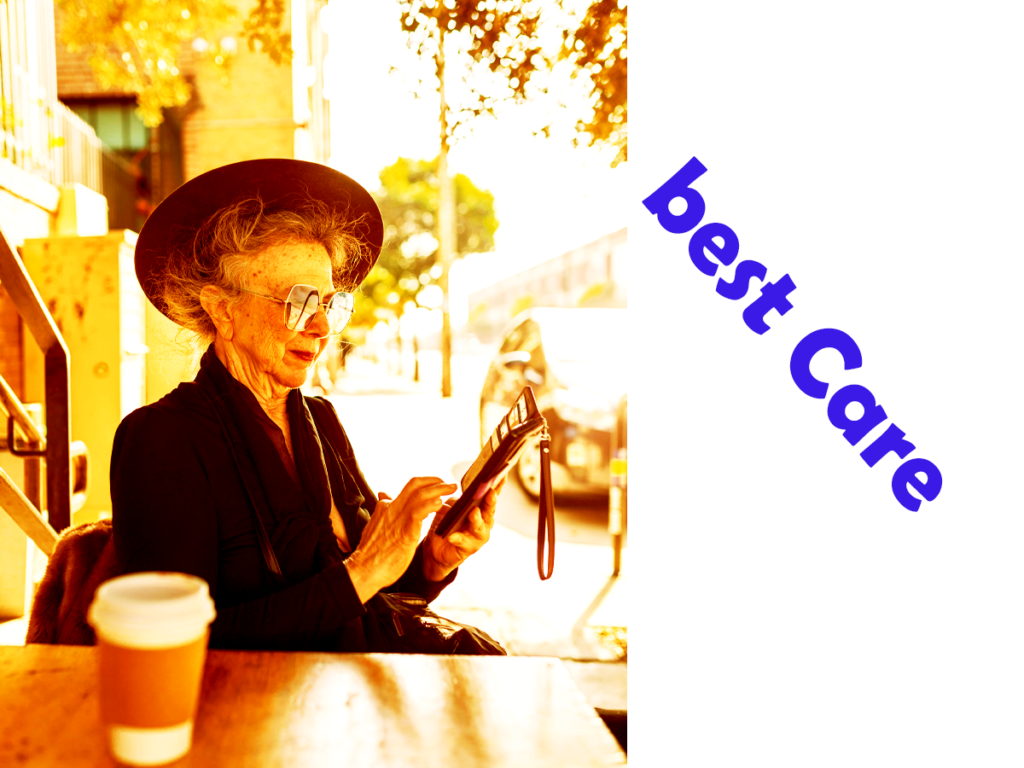The best Care for the Over 78 Elderly in The World
The best care for elderly individuals over 78 often depends on their unique needs, health status, and personal preferences. Here are some key aspects of elderly care that are considered best practices worldwide.

- Health and Medical Care
Regular Health Checkups: Frequent health assessments by senior specialists to manage chronic conditions like arthritis, diabetes, and cardiovascular diseases.
Medication Management: Proper medication oversight to avoid side effects and interactions is often a concern for elderly people on multiple prescriptions.
Access to Specialists: Geriatric care includes access to physical therapists, occupational therapists, and mental health professionals to support their well-being. - In-Home Care and Assistance
Home Modifications: Adjustments to the home, such as grab bars, ramps, and proper lighting, to make living spaces safe and accessible.
In-Home Support: Caregivers, nurses, or aides who assist daily with tasks like bathing, dressing, medication reminders, and meal preparation.
Personalized Care Plans: Developing individual care plans tailored to specific needs, including dementia care, mobility issues, or palliative care. - Social and Emotional Support
Companionship Programs: Ensuring elderly individuals have regular social interactions to combat loneliness, which is a common issue in older age.
Community Centers: Day programs and senior community centers where elderly individuals can engage in social, recreational, and physical activities.
Mental Health Support: Regular mental health check-ins, counseling, or support groups to help with depression, anxiety, or other psychological concerns common in older age. - Nutrition and Physical Activity
Nutritional Care: Proper diet plans rich in essential nutrients, tailored to their age and health needs. This may include managing sodium, sugar, or fat intake.
Physical Exercise: Light physical activities such as walking, stretching, or chair exercises to maintain mobility, strength, and balance.
Hydration: Ensuring adequate water intake as dehydration is a frequent risk among the elderly. - Cognitive and Memory Care
Memory Care Facilities: For elderly individuals with Alzheimer’s disease or dementia, specialized memory care services that focus on cognitive stimulation and a safe, structured environment are essential.
Cognitive Training: Puzzles, reading, and memory exercises to keep the mind active and reduce the progression of memory loss. - Palliative and End-of-Life Care
Hospice Care: For elderly individuals approaching the end of life, hospice care provides comfort, pain management, and support for both the individual and their family.
Advance Care Planning: Creating advance directives to honor the individual’s wishes for medical treatment, living situations, and other end-of-life decisions. - Technology in Elderly Care
Telemedicine: Access to virtual doctor visits and monitoring via digital devices.
Smart Home Devices: Technologies like fall detection devices, voice-activated assistants (like Amazon Alexa or Google Home), and medical alert systems can increase safety and convenience. - Cultural Sensitivity and Personalized Care
Respect for Preferences: Culturally sensitive care that respects the individual’s traditions, language, and personal preferences in daily routines.
Family Involvement: Ensuring that families are involved in the care process, providing emotional support, and helping make decisions in alignment with the elder’s wishes. - Global Examples of Elderly Care:
Japan: Known for its advanced elderly care with a focus on technology and senior community services.
Sweden: Emphasizes home-based care and social support, providing comprehensive services to keep elderly individuals in their homes as long as possible.
The Netherlands: Pioneer of innovative elderly care models like small-scale dementia care villages that offer freedom and support in a safe environment.
The best care involves a balance of physical, emotional, and social well-being, tailored to individual needs with an emphasis on maintaining quality of life and dignity.